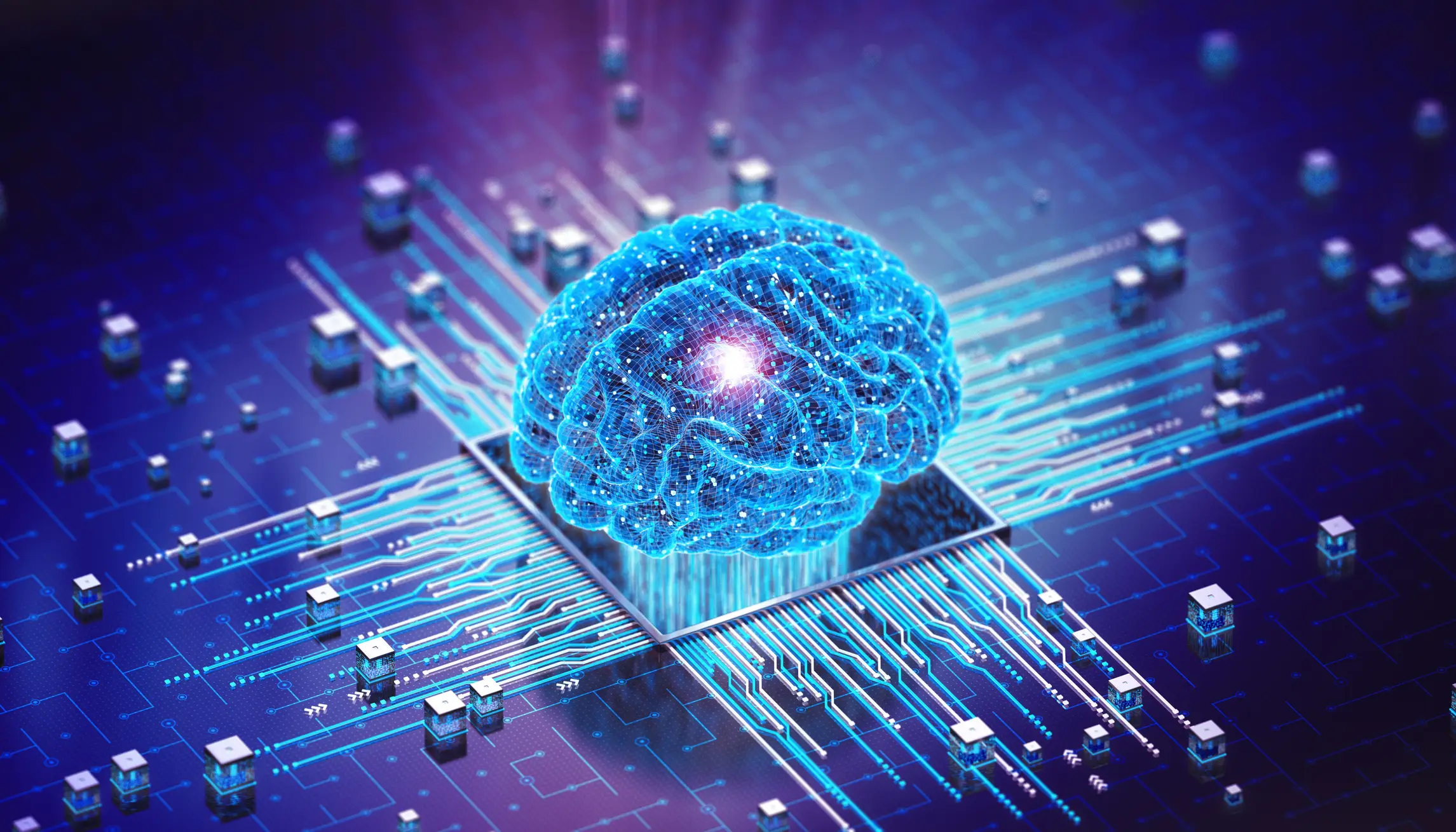
AI is only getting better and more of a part of everyday life, but fears of a world takeover aside, can it benefit us in the long run?
Well, experts have been split on the prospect of artificial intelligence becoming more present in everyday life, with some warning that they could soon surpass our intelligence.
Gladstone AI founders Jeremie and Edouard Harris made a guest appearance on The Joe Rogan Experience podcast to speak about the advancement of technology, claiming that we might have less time than we thought.
When asked about a 'doomsday clock for AI', they terrifyingly answered that they might 'hit human-level... capabilities across the board' by 2027 or 2028.
Advert
They explained: "You'll be able to have AI on your show and ask it what the doomsday clock is like by then."
This might not be all bad though, if a study focused on its effects on the world economy is to be believed.

The McKinsey Global Institute published a study in 2018 that found that AI had the potential to add a whopping $13 trillion of economy activity (about 15 percent of the world GDP) by 2030.
They looked at five broad categories of AI in particular: computer vision, natural language, virtual assistants, robotic process automation, and advanced machine learning.
Businesses will utilise these in different ways, ranging from using one of these categories at the time, while bolder companies may use all five, according to the study.
Many companies will be at different stages, with the model put in place by the institute also taking this partial impact into consideration.
The simulation revealed that around 70 percent of companies around the world will have welcomed at least one type of AI technology into their operations by 2030.

However, less than 50 percent will have tried their hand at all five categories, though this may happen at fast rate.
The speed at which people adopt AI cannot be told in projections, given how far we've come in the years since the study, giving most people in the tech sector a new perspective on the subject.
Even if AI can prove to be helpful, the amount being invested into it could bring on a number of consequences, whether that be security issues or having a destabilising effect on the company itself.
Much like artificial intelligence is doing, we must learn about it gradually as time goes on.
In just a handful of years, AI went from something to keep an eye on in the future to one of the primary subjects spoken about when talking about revolutionary technology.

The McKinsey study acknowledges that AI could boost economic activity, but claimed that 'benefits are likely to be uneven'.
It further explains: "Potentially, AI might widen gaps between countries, reinforcing the current digital divide.
"Countries might need different strategies and responses as AI-adoption rates vary."
Essentially, those leading AI adoption and development might build up a hefty lead over developing countries, which could bag them an extra 20 to 25 percent in net economic benefits.
But once again, time will tell how AI develops and if it really will contribute that much to the economy.
Topics: AI, Artificial Intelligence, Technology, Joe Rogan, Podcast